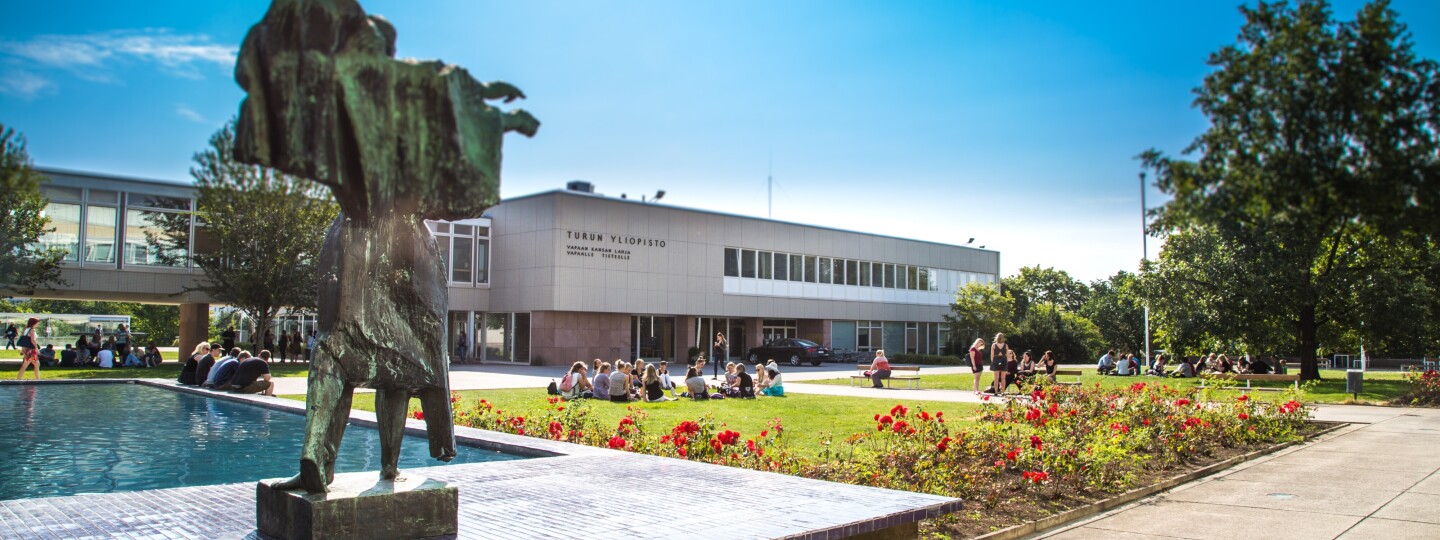University of Turku researchers Sarah Malamut, Tiina Turunen, Daniela Alaattinoğlu, and Joni Teräväinen have received prestigious research funding from the European Research Council (ERC). Funded projects explore the causes and effects of school bullying, the legal inclusion and exclusion of Sámi people, and decades-old mathematical problems.
The European Research Council ERC awarded the Starting Grant, one of the most competitive grants in Europe, to four researchers from the University of Turku. The ERC Starting Grant is a grant of €1.5 million for funding scientific research of extremely high quality. The five-year funding is granted to a top researcher at the early stage of their career.
“The ERC Starting Grant is one of the most prestigious funding opportunities in the world, where a ground-breaking research idea and a research group come together. At the Research Services of the University of Turku, especially under the leadership of Maria Maunula, systematic development work has been carried out to provide the most comprehensive support services possible. In fact, we now support ERC applicants from the project conception phase through to implementation and project closure. ERC funding calls close throughout the year, but researchers at the University of Turku can seek support at any time by contacting the Research Services,” says Senior Research Funding Specialist Lauri Keskinen from the University of Turku.
Social support from friends does not always help the victim of bullying
Being bullied is a leading risk factor for mental health problems in adolescents. Various efforts have been made to reduce bullying, but there is still a need to find ways to mitigate the harm caused to those who are victimised. Recent studies have found that rumination – repeatedly dwelling on distress – plays a key role in linking victimisation to later mental health challenges.
“It is a common belief that seeking social support is beneficial, but social support from friends does not always help victimised youth and, surprisingly, can even make things worse for some. In the funded project, we explore this paradox and focus on co-rumination, which means excessively discussing distress with others," says University Research Fellow Sarah Malamut from the INVEST Flagship.
The DWELL project introduces an innovative approach to understanding which friends youth tend to co-ruminate with, and how the link between co-rumination and mental health is affected by characteristics of the individual, who they co-ruminate with, and their relationship. Malamut looks at factors such as what leads young people to dwell on past victimisation and when discussing problems such as bullying with friends is helpful or harmful.
“I aim to identify which young people are most susceptible to the adverse effects of victimisation, outline potential pathways for intervention, and promote healthy strategies for victimised youth to seek social support. My aim is to offer valuable insights for parents, educators and clinicians alike," says Malamut.
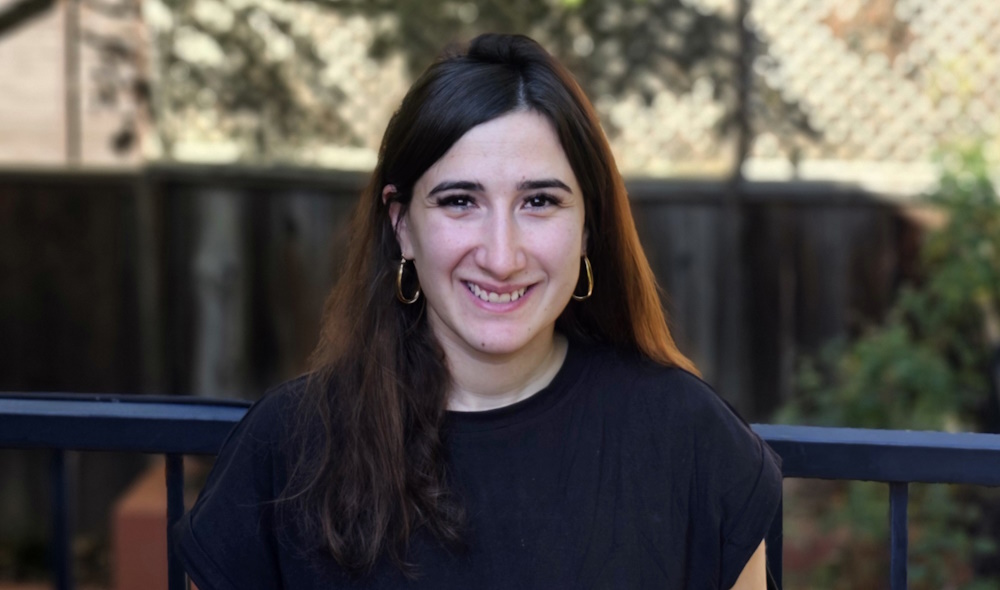
Sarah Malamut aims to offer valuable insights for parents, educators and clinicians alike. (Photo: James Malamut)
Researchers investigate the causes of bullying and the life paths of bullies
Another funded project is related to school bullying, focusing on children and young people who bully their peers at school. In the SHADES project, Senior Researcher Tiina Turunen from the INVEST Flagship aims to gain a holistic understanding of the characteristics, motivations, and social information processing of the students who bully their peers in lower secondary school and how they interpret social situations. By following young people through lower secondary school, researchers investigate the characteristics of students who bully others, why they bully, and why some bullies do not stop their behaviour despite intervention.
“The project will also make use of the data already collected by the KiVa School, developed at the University of Turku, and Finnish register data to form a globally unique longitudinal dataset. The same people have been followed from childhood to adulthood, and some have also provided saliva samples for DNA isolation. Our aim is to find out how different types of bullying perpetrators cope in life after their school years, and what role genetic factors play in this," says Turunen.
Researchers will look at how bullies cope later in life in terms of mental health, physical health and well-being; how they get an education and move into professional life; whether their lives include aggression, substance abuse and crime; and what kind of relationships or family they have.
“This funding will allow me to form a research group within the INVEST Research Flagship to find answers to these important questions. I am really looking forward to it!” By studying different types of bullies and how bullying affects their life course, more effective ways of preventing and tackling bullying can be developed. This can help reduce the suffering of young people who are victims of bullying, and also mitigate the long-term consequences for the bullies," says Turunen.
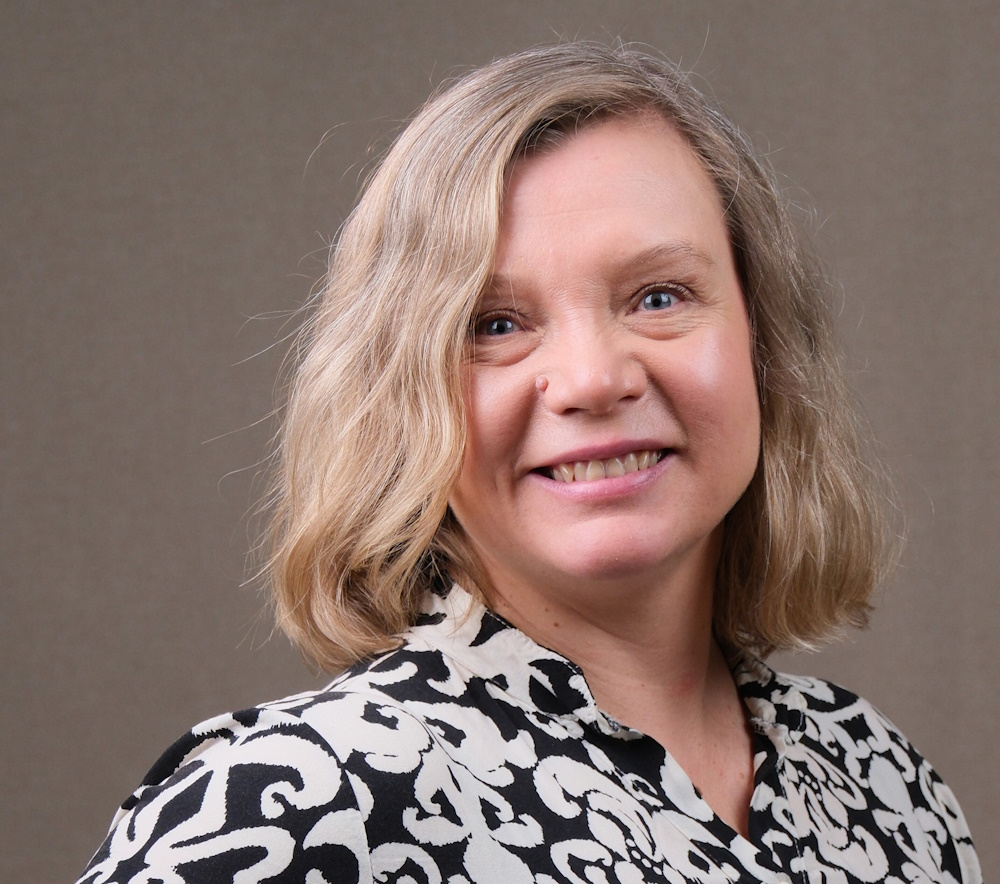
Tiina Turunen aims to gain a holistic understanding of the characteristics, motivations, and social information processing of the students who bully their peers in lower secondary school and how they interpret social situations. (Photo: Jonne Värikäs / University of Turku)
Understanding the mechanisms leading to legal inclusion and exclusion of Sámi people can help build more inclusive justice systems
In another funded project, Assistant Professor of Law Daniela Alaattinoğlu is investigating the mechanisms that lead to the legal inclusion and exclusion of Sámi people. The focus is on the Sámi Truth and Reconciliation Commissions established in Finland, Sweden and Norway.
“The consequences of legal inclusion and exclusion are quite well-known to scholars, but the mechanisms leading to inclusion and exclusion are under-studied. Knowledge about such mechanisms does not only have a scientific impact, but also a societal one," says Alaattinoğlu.
The MARCEN project aims to unprecedently conceptualise Nordic rights development from the perspective of Sámi experiences of law and rights mobilisation to push the boundaries of socio-legal scholarship. The researchers examine and compare the changing legal, political and social governance of indigeneity in the Nordic welfare states.
“If we can understand the mechanisms that lead to legal inclusion and exclusion, we can build more inclusive justice systems and prevent legal exclusion," says Alaattinoğlu.
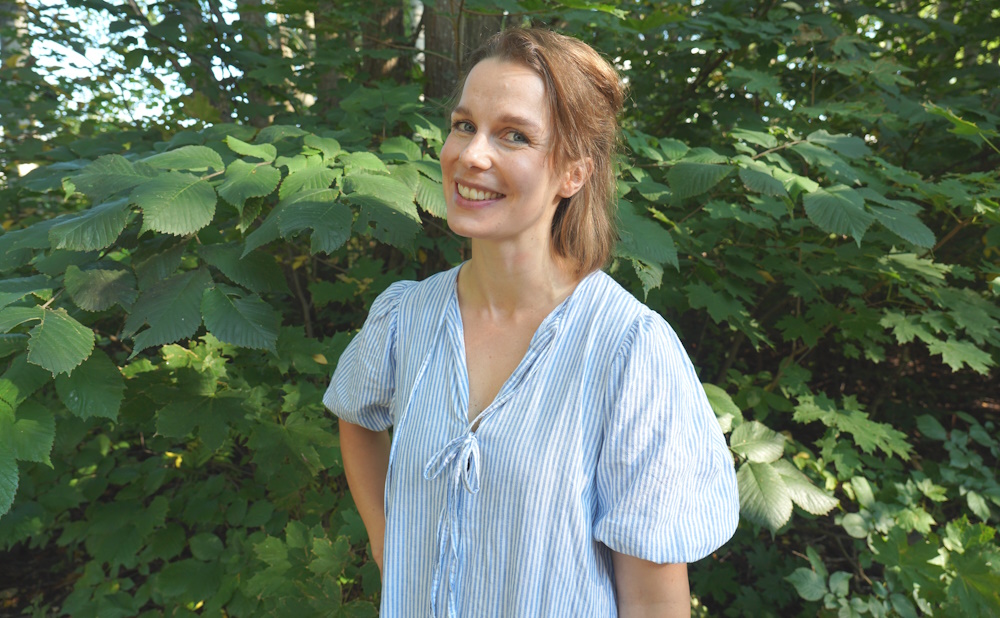
Daniela Alaattinoğlu is investigating the mechanisms that lead to the legal inclusion and exclusion of Sámi people. (Photo: Rosa Lampela / University of Turku)
Mathematicians tackle decades-old unsolved problems
In his funded project, Postdoctoral Researcher in Mathematics Joni Teräväinen investigates key problems in analytic number theory using Fourier analysis methods.
“Prime numbers and multiplicative functions are key areas of study in analytic number theory. Prime numbers are integers greater than one that are not divisible by numbers other than one and itself. Each number can be written as the product of prime numbers in exactly one way. Multiplicative functions, on the other hand, provide information based on the prime factorisation of a number. One of the most important of these functions is the Möbius function, which tells us whether the number of prime factors in a number is even or odd. Many important problems in number theory can be formulated as statements about the properties of the Möbius function,” Teräväinen describes.
In the ANTFourier project, researchers are investigating issues like the Chowla conjecture, an open problem dating back to 1965, which suggests that the Möbius function behaves randomly. The researchers aim to find new results related to the Chowla conjecture by producing results on the Gowers norms of the Möbius function. The Gowers norms, developed by Tim Gowers in 1998, measure the randomness of a function: a small Gowers norm indicates that the function behaves randomly, while a large norm suggests that the function has significant structure.
The researchers also study the Gowers norms for prime numbers and use them to prove an approximation to Hardy and Littlewood's conjecture from 1923. Hardy and Littlewood's conjecture concerns clusters of closely spaced prime numbers. A notable special case is the famous 'twin prime conjecture', which asserts that there are infinitely many pairs of prime numbers that differ by two.
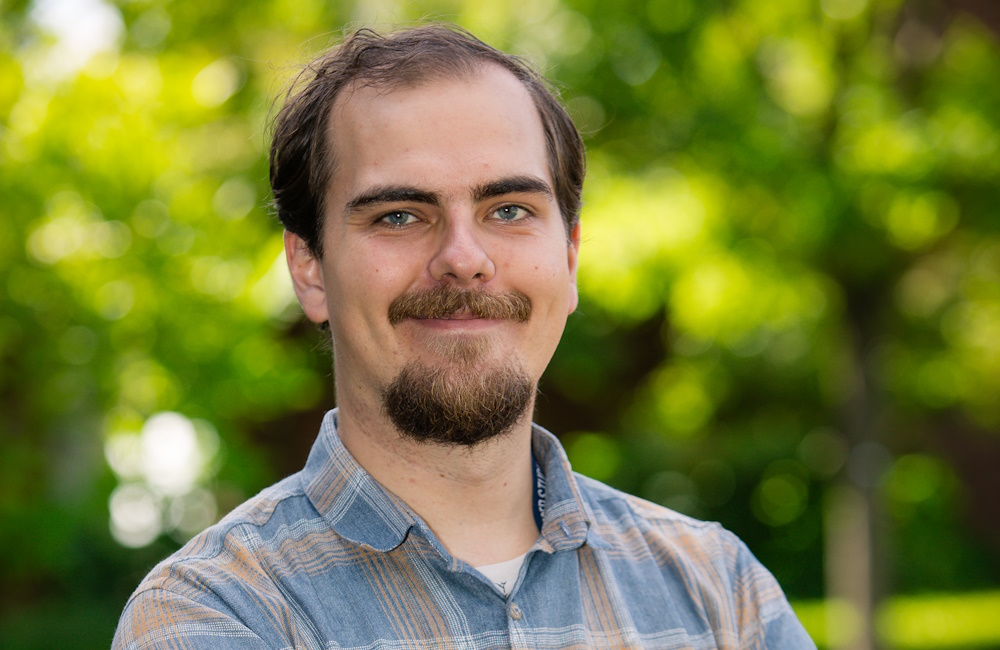
Joni Teräväinen investigates key problems in analytic number theory using Fourier analysis methods. (Photo: Institute for Advanced Study)
More information
- Sarah Malamut, sarah.malamut@utu.fi
- Tiina Turunen, tmturu@utu.fi
- Daniela Alaattinoğlu, daniela.alaattinoglu@utu.fi
- Joni Teräväinen, joni.p.teravainen@utu.fi
